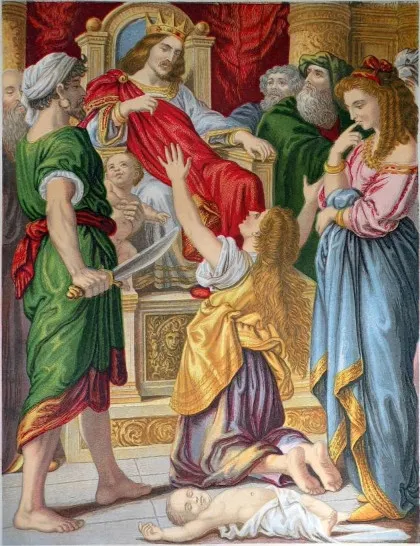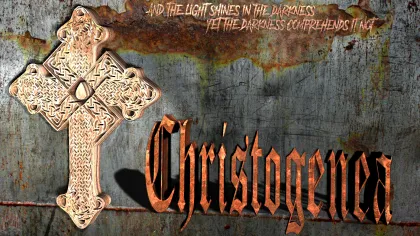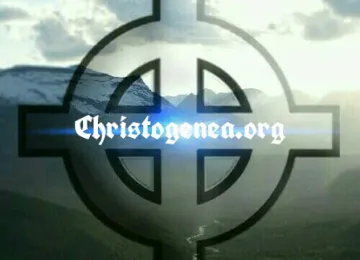Addressing Charles Weisman’s What About the Seedline Doctrine? Part 16, The Blessed and the Cursed

Addressing Charles Weisman’s What About the Seedline Doctrine? Part 16, The Blessed and the Cursed
In our last presentation in this series, which was subtitled The Blood of Abel, we left off where Charles Weisman discussed the episode in Matthew chapter 23 where Christ had told His adversaries that their race would be held accountable for the blood of all the prophets, from Abel to Zacharias, which, discounting the interpolation in verse 35 we believe refers to the father of John the Baptist. We do not believe that it referred to the Old Testament prophet Zechariah as Christ had laid direct blame for the murder of this Zacharias on his adversaries, and not merely on their ancestors, where He said “whom ye slew between the temple and the altar.” Here we will continue that discussion of Cain and those who are responsible for the death of Abel and the prophets, as we are not finished with the portion of this fourth chapter of Weisman’s book which concerns that subject.
Speaking of Abel, in Hebrews chapter 11 Paul of Tarsus had written: “4 By faith Abel offered unto God a more excellent sacrifice than Cain, by which he obtained witness that he was righteous, God testifying of his gifts: and by it he being dead yet speaketh.” We have already discussed at length the sacrifices of Cain and Abel, and provided Scriptures supporting the plausibility of our argument that the only reason Cain’s sacrifice was rejected is that Yahweh would not acknowledge Cain himself, Cain not even having been eligible to make such a sacrifice. But the only reason that Abel’s sacrifice was better lies in the mere fact that Abel was even making a sacrifice, by which he had asserted that he was indeed the eligible son.














 Please click here for our mailing list sign-up page.
Please click here for our mailing list sign-up page.








Recent comments